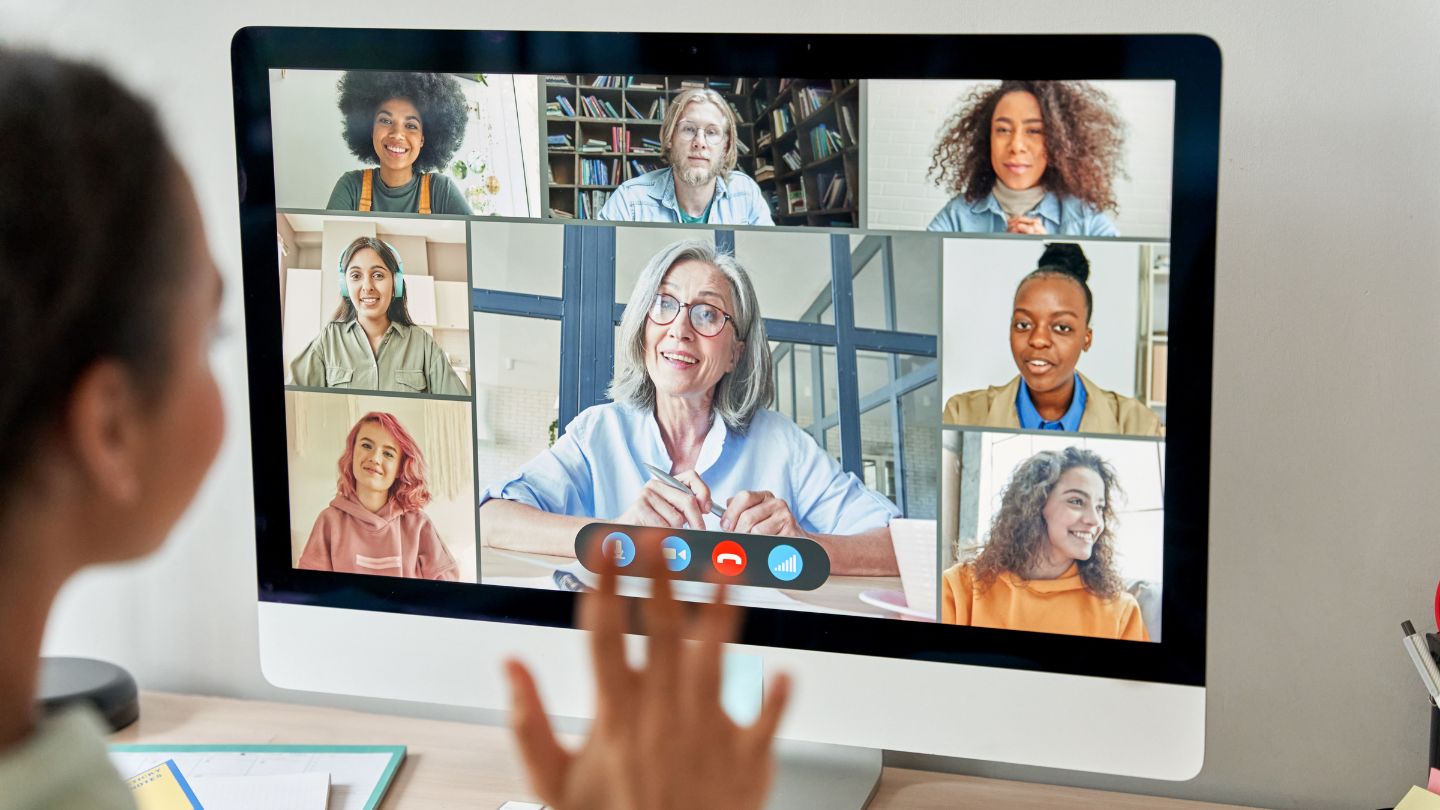According to AbroadEd, institutions must develop online programs that engage online learners to facilitate their learning success.
A recent McKinsey & Company survey reported that online learning programs should consider student opinions about course material, delivery, and presentation to promote student success.
AbroadEd could also confirm that researchers found out that students’ learning experience can be improved through a well-structured learning curriculum, recorded class sessions, online study materials, easy access to professors, and opportunities to interact with their peers.
Two key improvements to facilitate student engagement in online courses
Since online learning programs are a significant part of education methods enhanced by technologies in today’s world, educational institutions need to consider the following:
1. Use data to make informed decisions and benchmarks
AbroadEd says online education officials need to use data to make informed decisions when it comes to developing an online program. They can use data to prioritize student perspectives and opinions, identifying the types of students who are more likely to enroll in their online programs.
Online programs should also get feedback from students to understand what needs improvement or what is currently working well. Using this internal collaboration can ensure online programs are meeting the targets and hitting the most important metrics such as retention, completion and employment post-graduation.

2. Implement features according to feedback received
Online program developers need to think critically before changing features in their online learning programs. AbroadEd states that if students do not indicate high levels of interest in sophisticated features such as virtual reality, then online course developers should concentrate on implementing features that will engage students.


